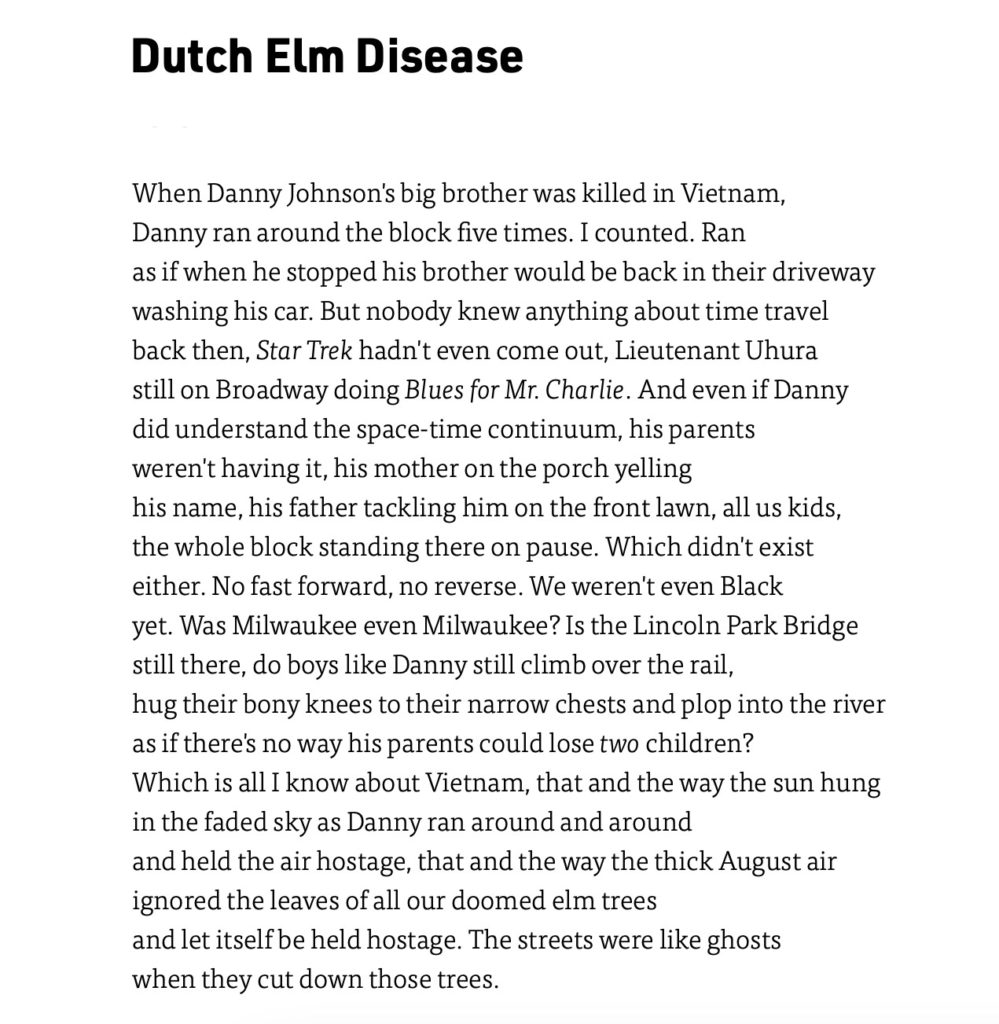This morning in my email I found this poem from the Paris Review. I loved the tone of it–quiet, haunting–no pretentions or duties.
Achilles After Dying
He was very tired—who cared about glory any longer? Enough was enough.
He had come to know enemies and friends—purported friends:
behind all the admiration and love they hid their self-interest,
their own suspicious dreams, those cunning innocents.
Now,
on the little island of Leuce, alone at last, peaceful, no pretensions,
no duties or tight armor, most of all without
the humble hypocrisy of heroism, hour after hour he can taste
the saltiness of evening, the stars, the silence, and that feeling—
mild and endless—of general futility, his only companions the wild goats.
But here too, even after dying,
he was pursued by new admirers—usurpers of his memory, these:
they set up altars and statues in his name, worshipped, left.
Sea-gulls alone stayed with him; now every morning they fly down to the shore,
wet their wings, fly back quickly to wash the floor of his temple
with gentle dance movements. In this way
a poetic idea circulates in the air (maybe his only justification)
and a condescending smile for everyone and everything crosses his lips
as he waits yet again for new pilgrims (and he knows how much he likes that)
with all their noise, their Thermos bottles, their eggs and phonographs,
as he now waits for Helen—yes, that same Helen for whose
fleshly and dreamy beauty
so many Achaeans and Trojans (he among them) were destroyed.
Yannis Ritsos—Translated from the Greek by Edmund Keeley
